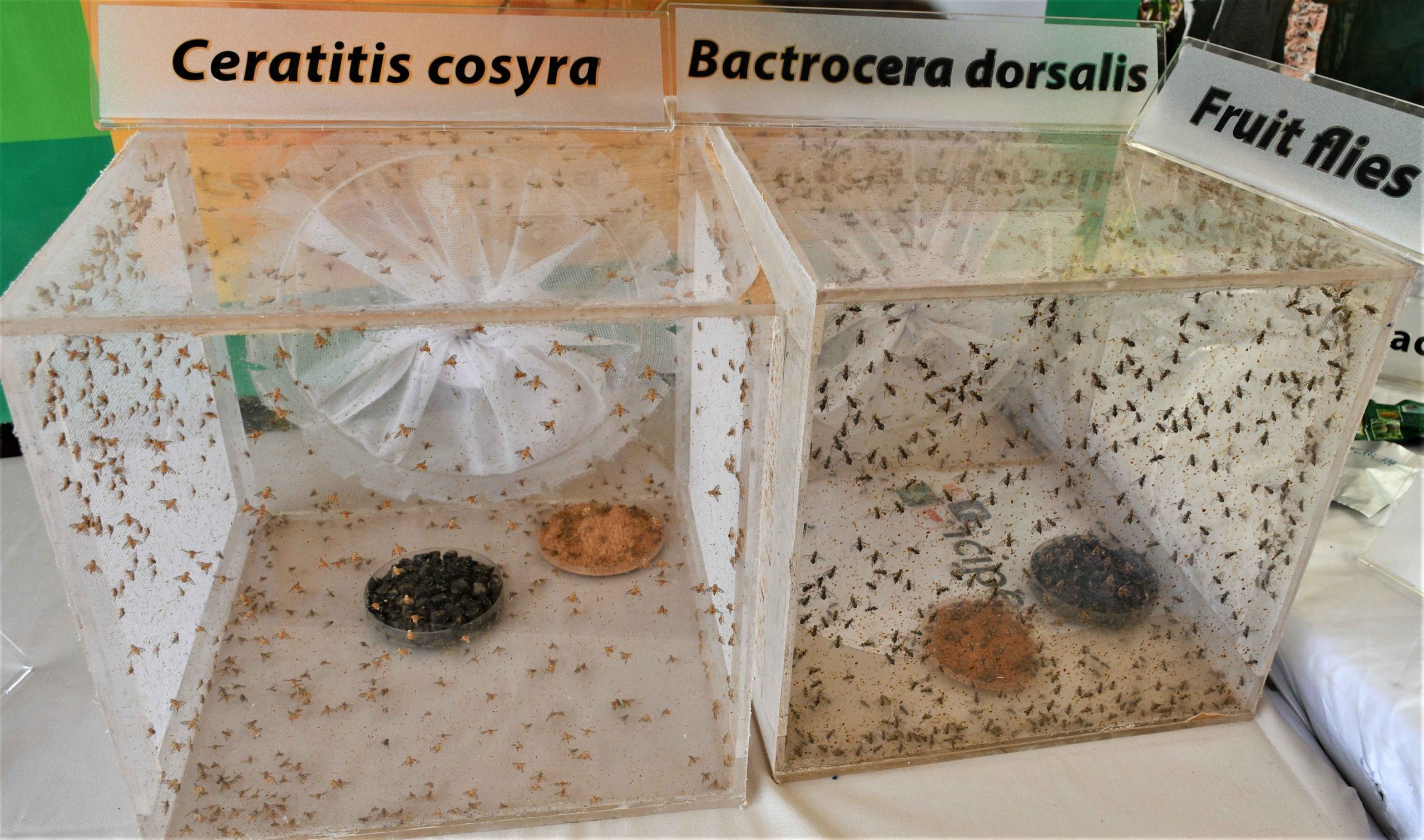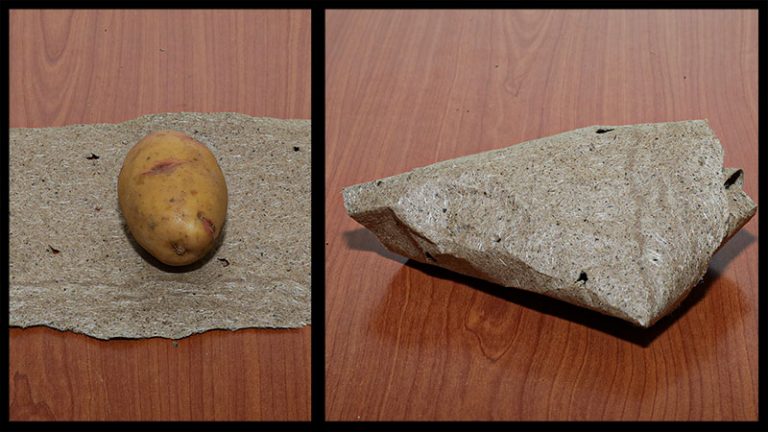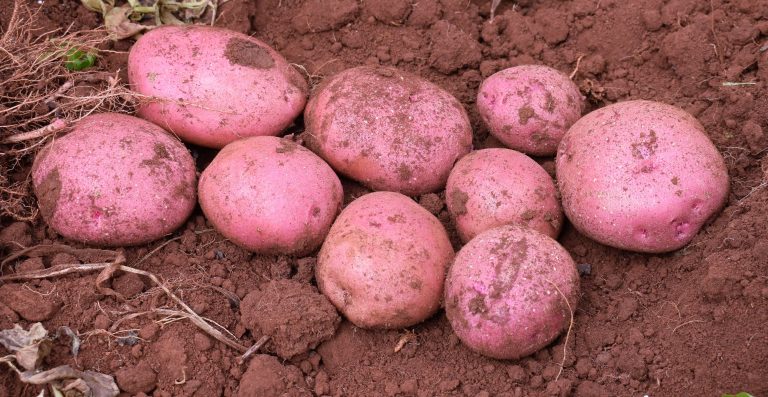By Kimuri Mwangi
Fruit flies are a nightmare for fruit farmers. They cause direct damage by puncturing the fruit skin to lay eggs. During egg laying, bacteria from the intestinal flora of the fly are introduced into the fruit. These bacteria cause the rotting of the tissues surrounding the egg. When these eggs hatch, the maggots feed on the fruit flesh making galleries. These allow pathogens to enter the fruit and increase fruit decay, making fruits unsuitable for human consumption.
Generally, the fruit falls to the ground as, or just before the maggots pupate. In fruits for export, fruit flies cause indirect losses resulting from quarantine restrictions that are imposed by importing countries to prevent the entry of fruit flies. Nearly all fruit fly species are quarantine pests.
During the recent National Mango Conference in Kenya, farmers named the fruit fly as one of the biggest challenges in mango farming. The fruit fly at one time wreaked havoc on Kenyan mangoes such that Kenya imposed a self-ban in the international mango market. The self-ban to Europe and America was reached at after seizures of mango shipments by the European authorities between 2010 and 2014 whose cause was the fruit fly. The country is now seeking to re-enter the International market.
Since then, a campaign was launched to fight the fruit fly using principles of Integrated Pest Management (IPM) advanced through private and public sector actors. The Integrated Pest Management (IPM) program is highly preferred in order to minimize the use of chemical pesticides to produce fruit fly-free and residue-free fruits to facilitate compliance with food safety standards required for export and domestic markets.
The International Centre of Insect Physiology and Ecology (ICIPE) leads an African fruit fly management program to educate farmers on the methods used to deal with the fruit fly.
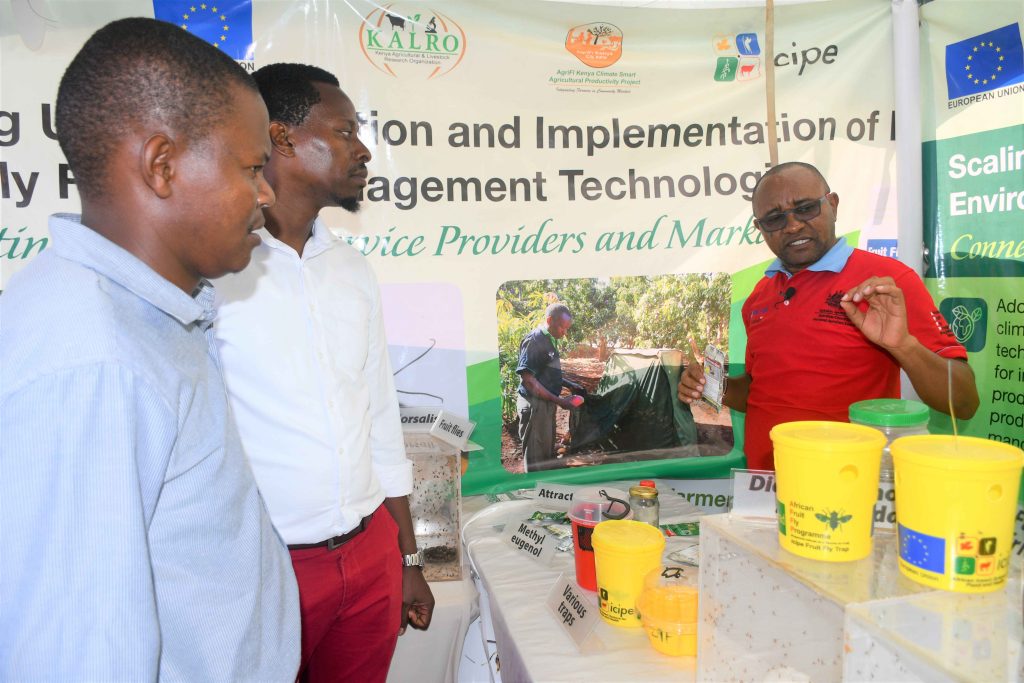
Peterson Nderitu, a Research Officer with ICIPE says that different methods are used to deal with the fruit fly at different stages of its life cycle. Some of them are using traps, using protein baits, male annihilation, field sanitation and biological control. Biological control involves the use of biopesticides, parasitoids and weaver ants.
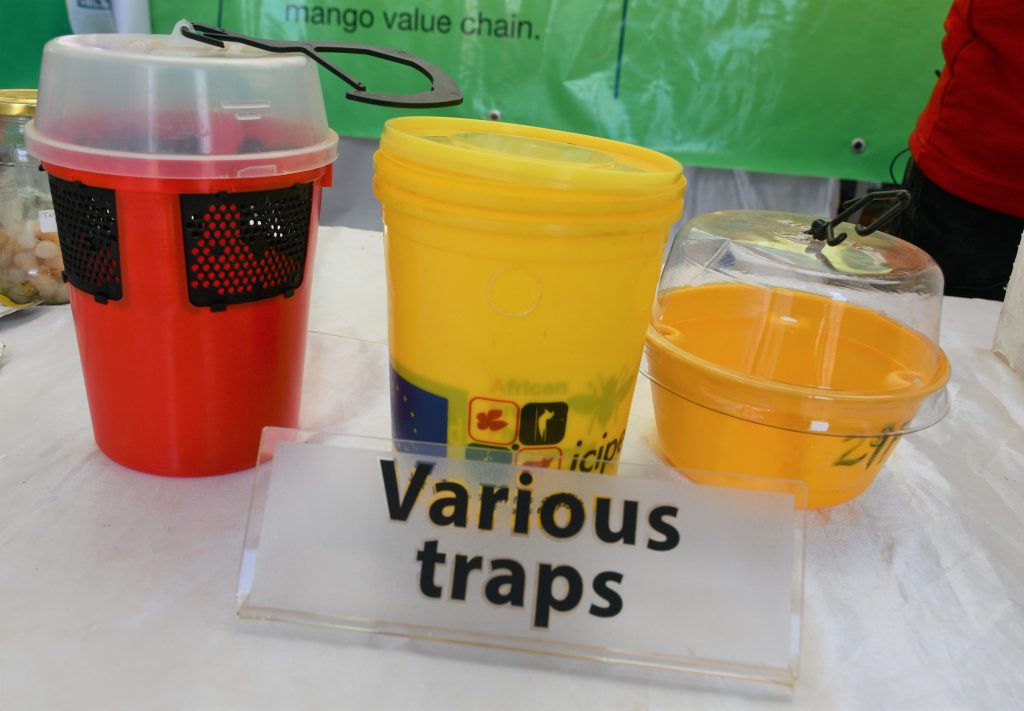
Peterson Nderitu explains in detail the methods in the video below



